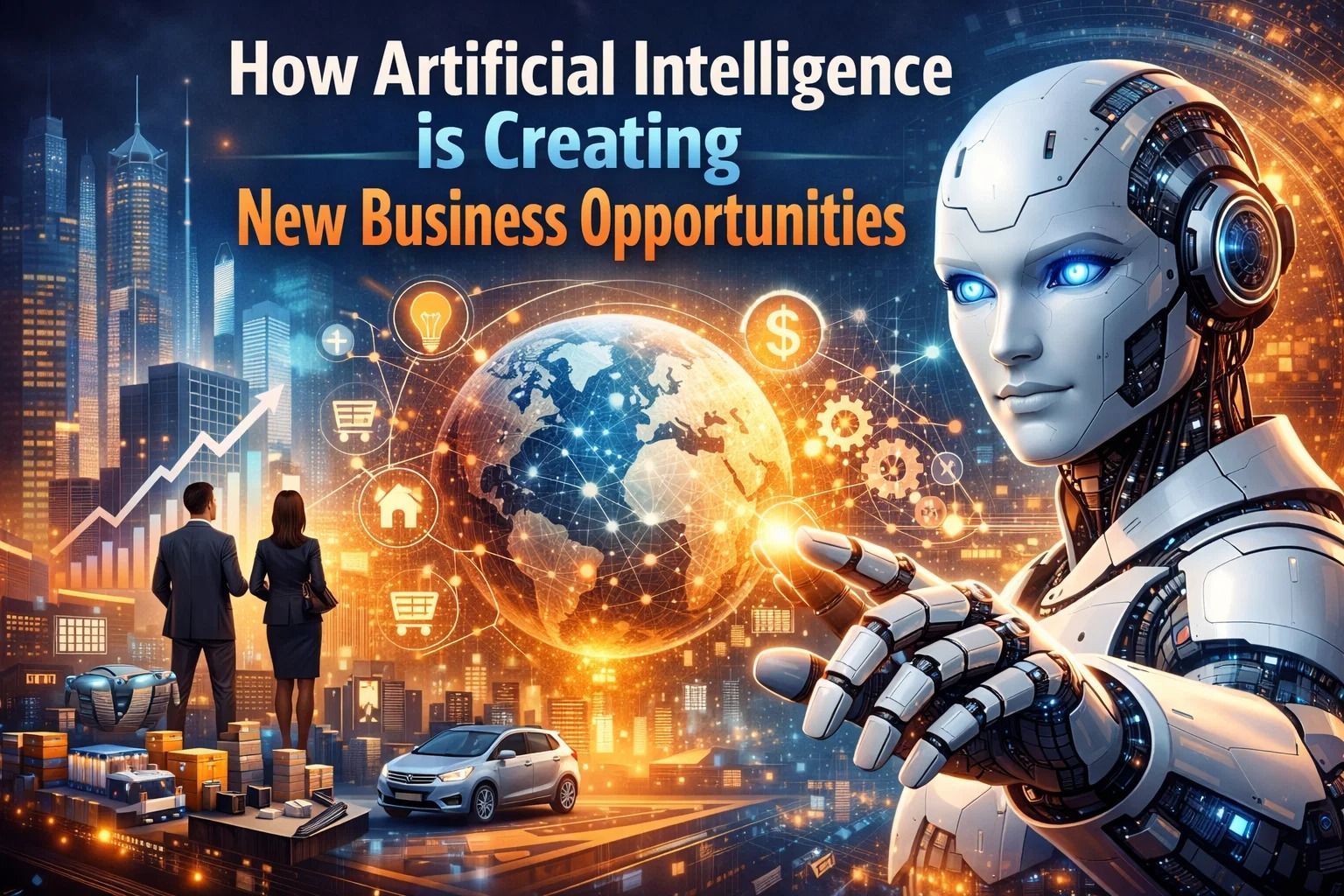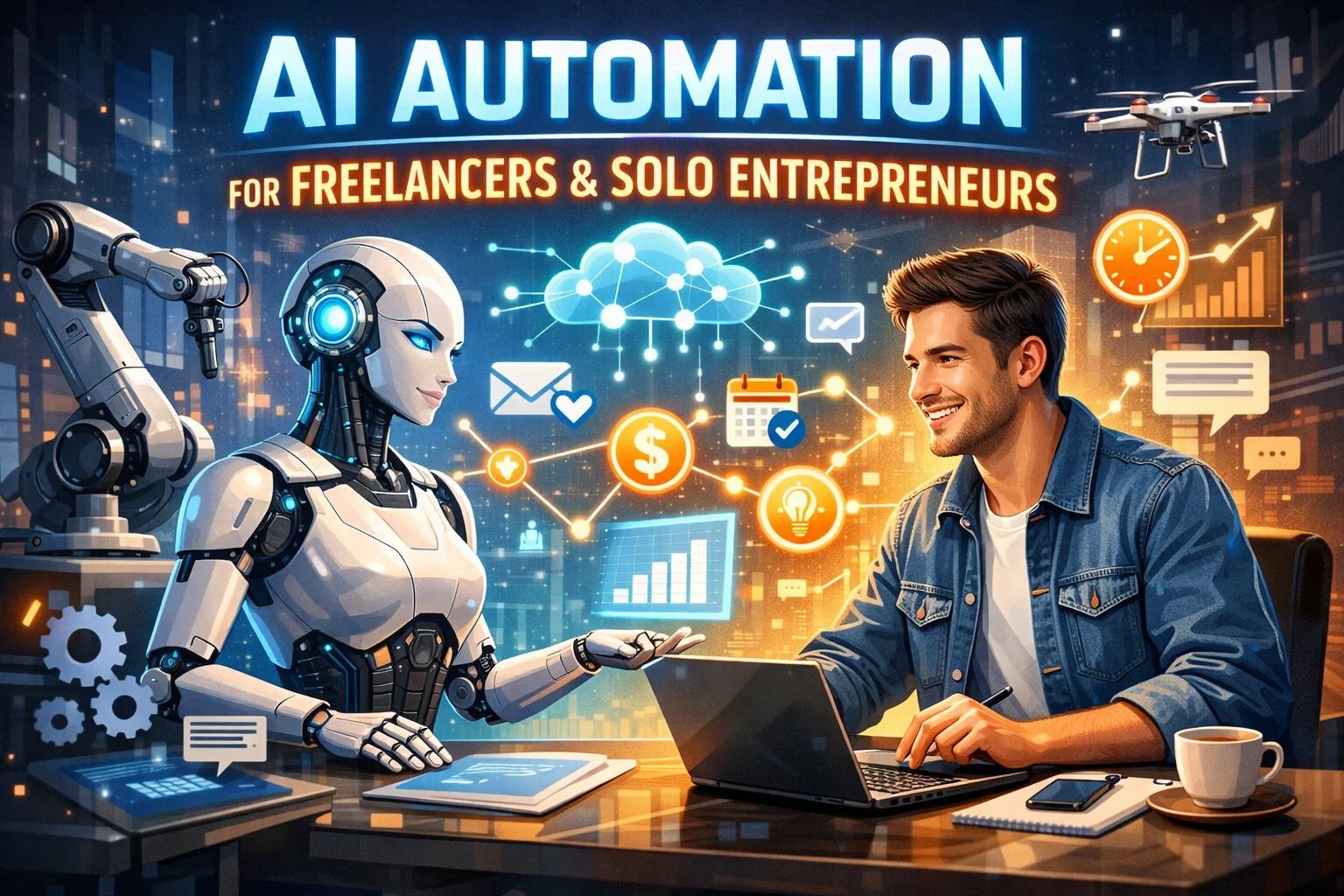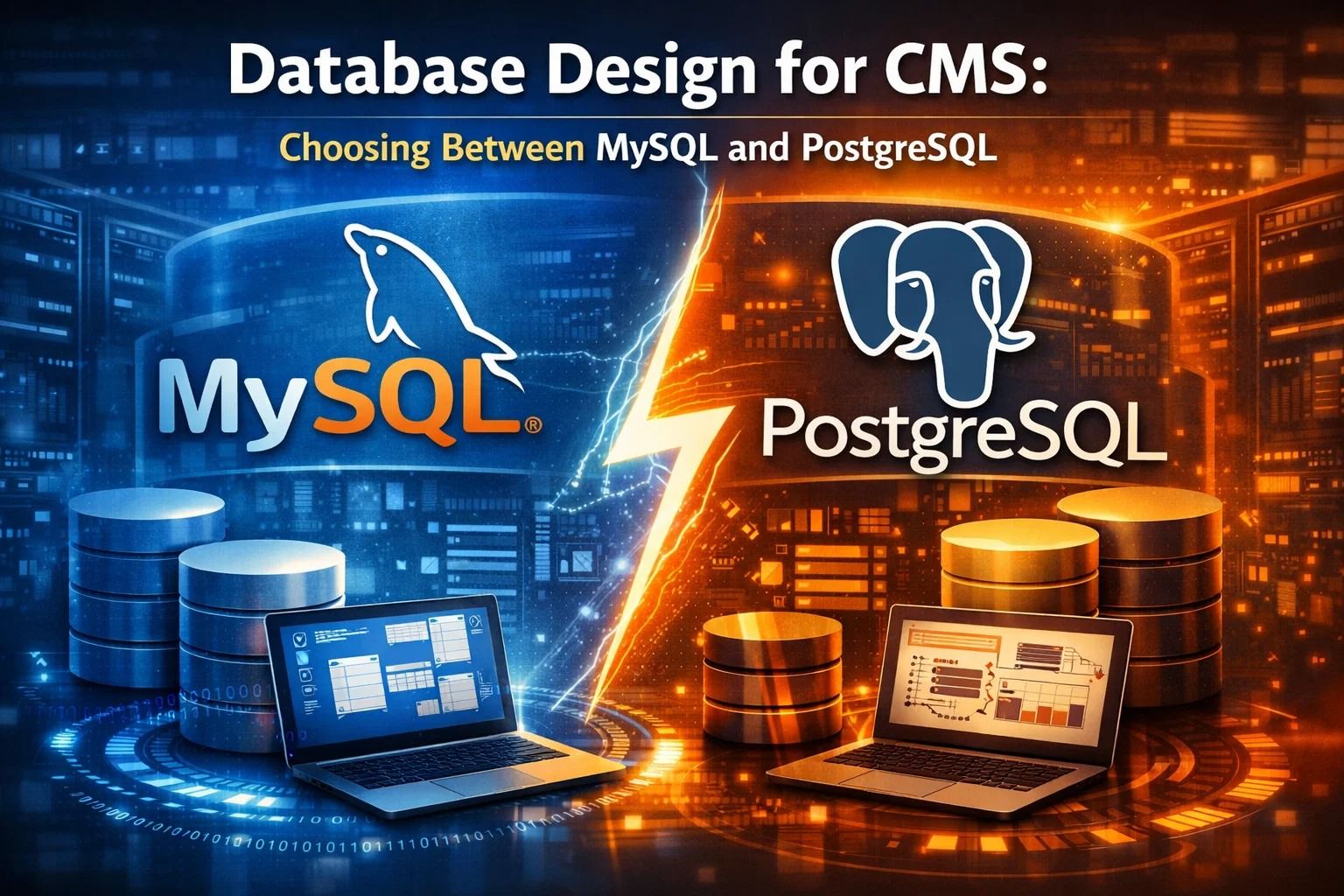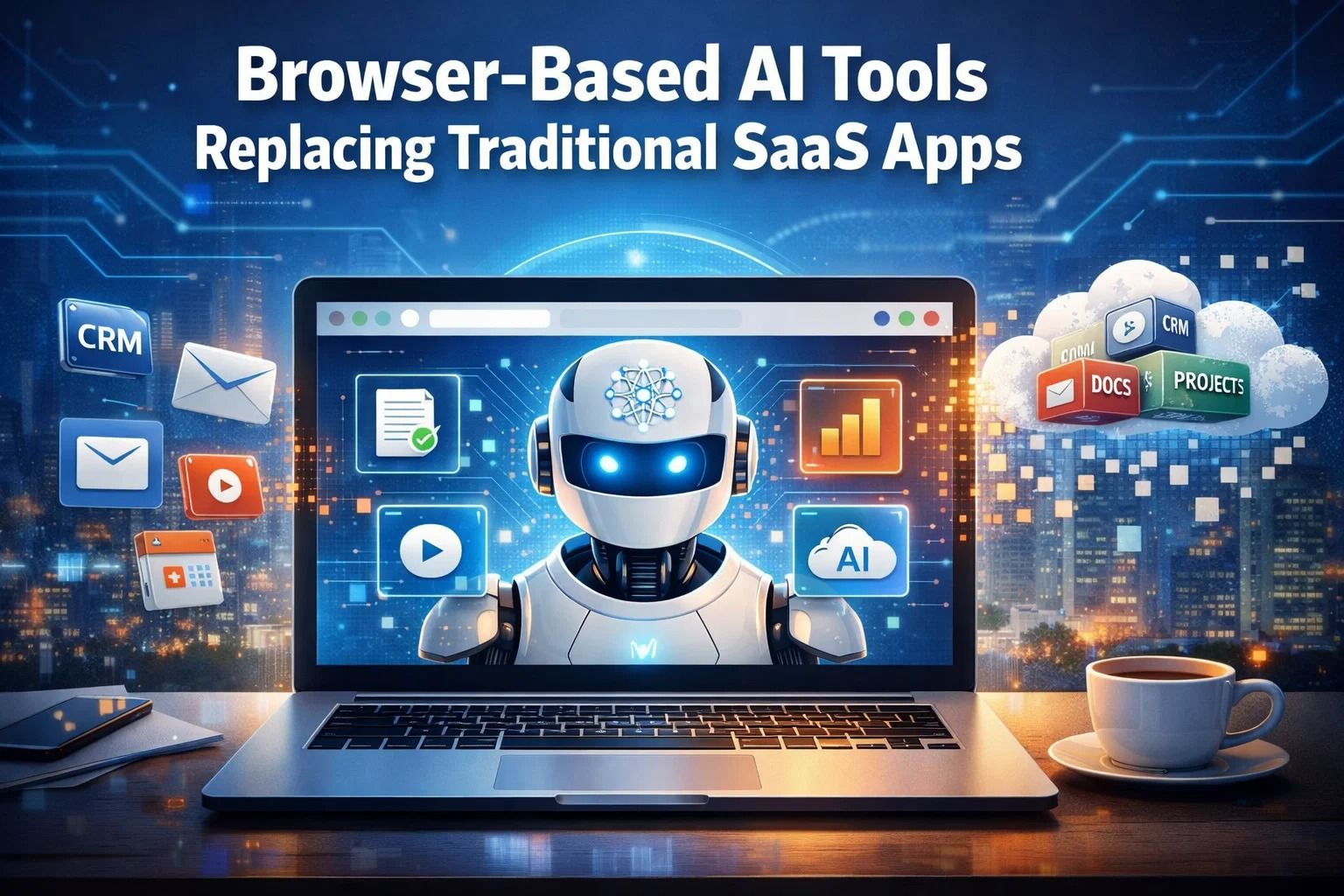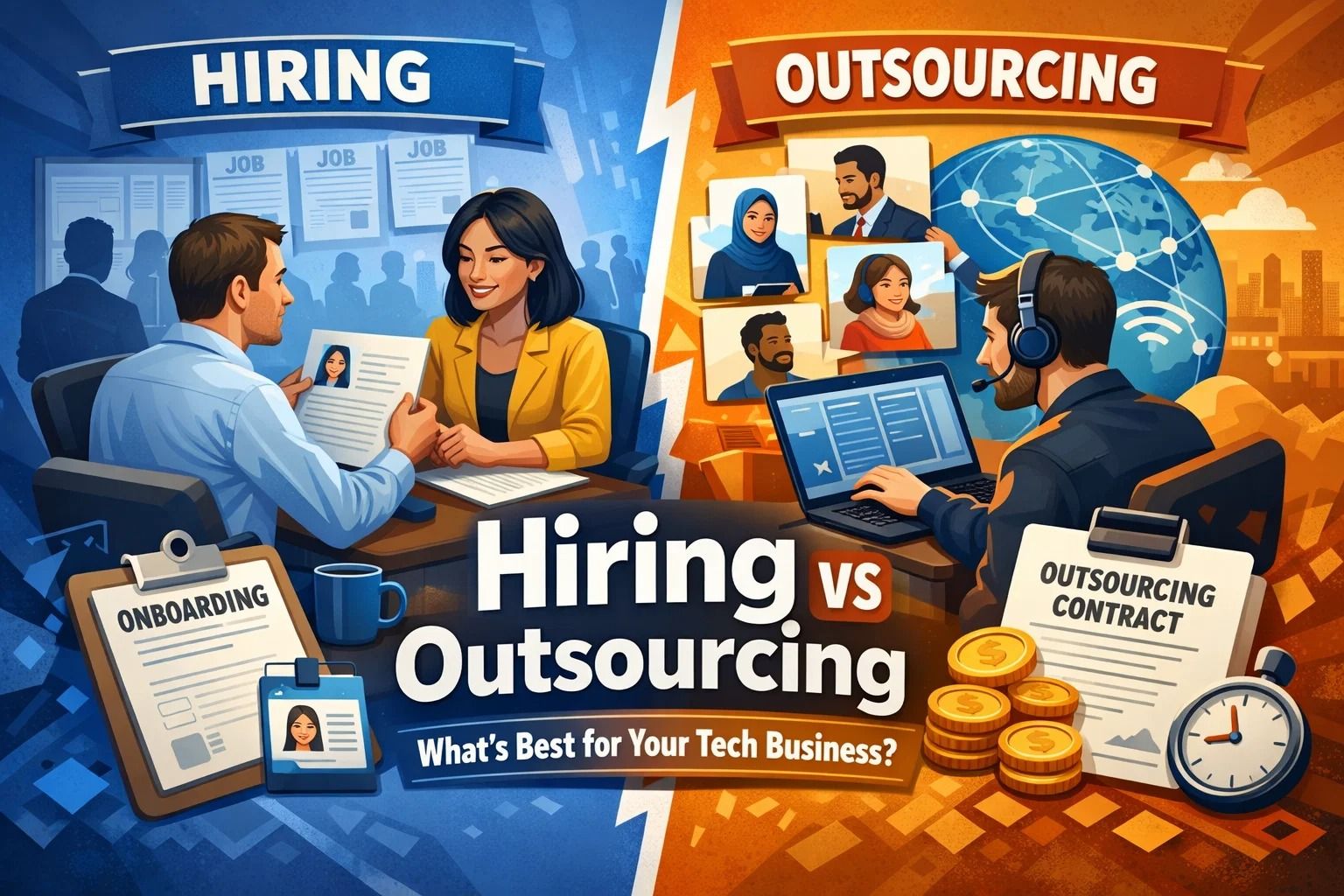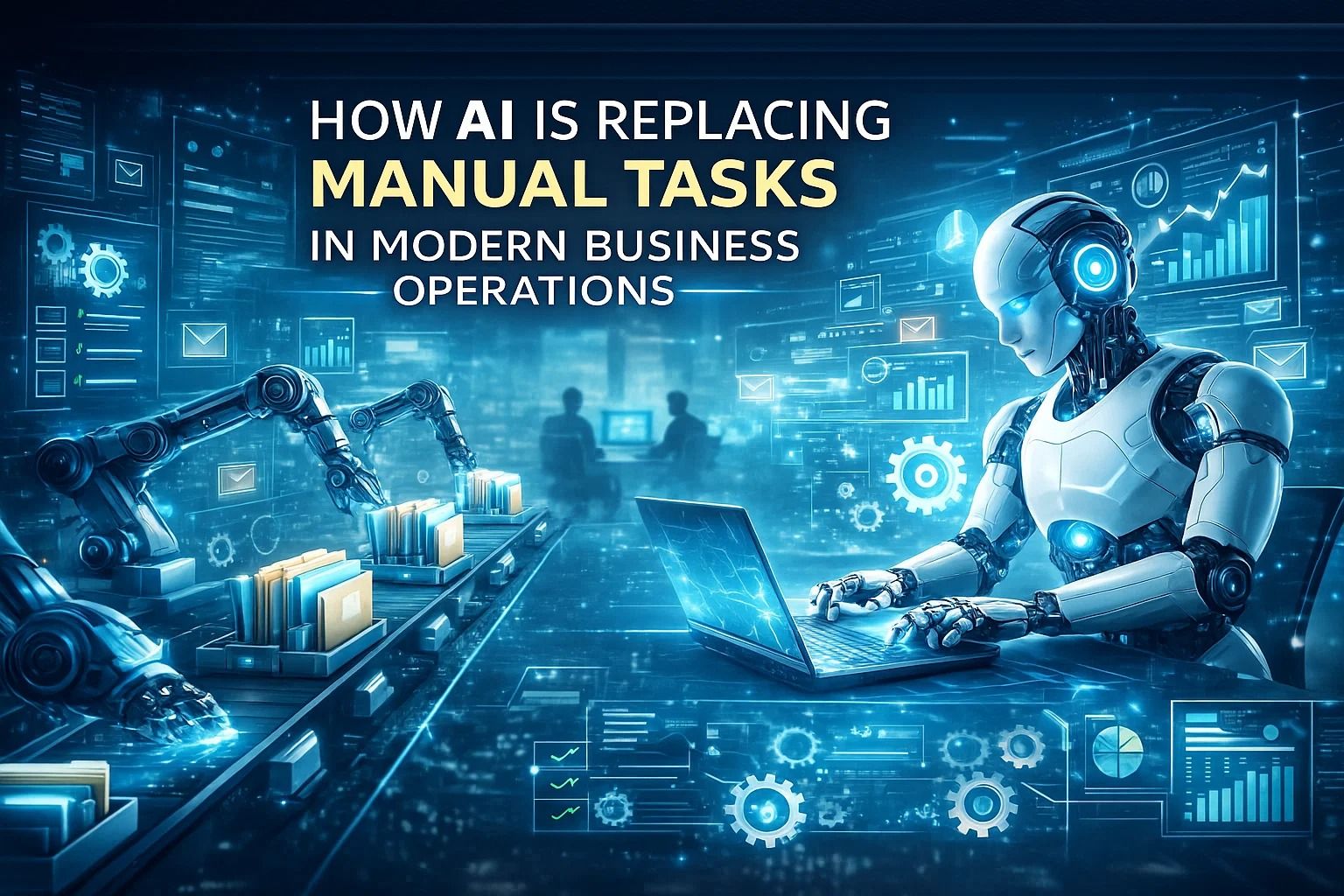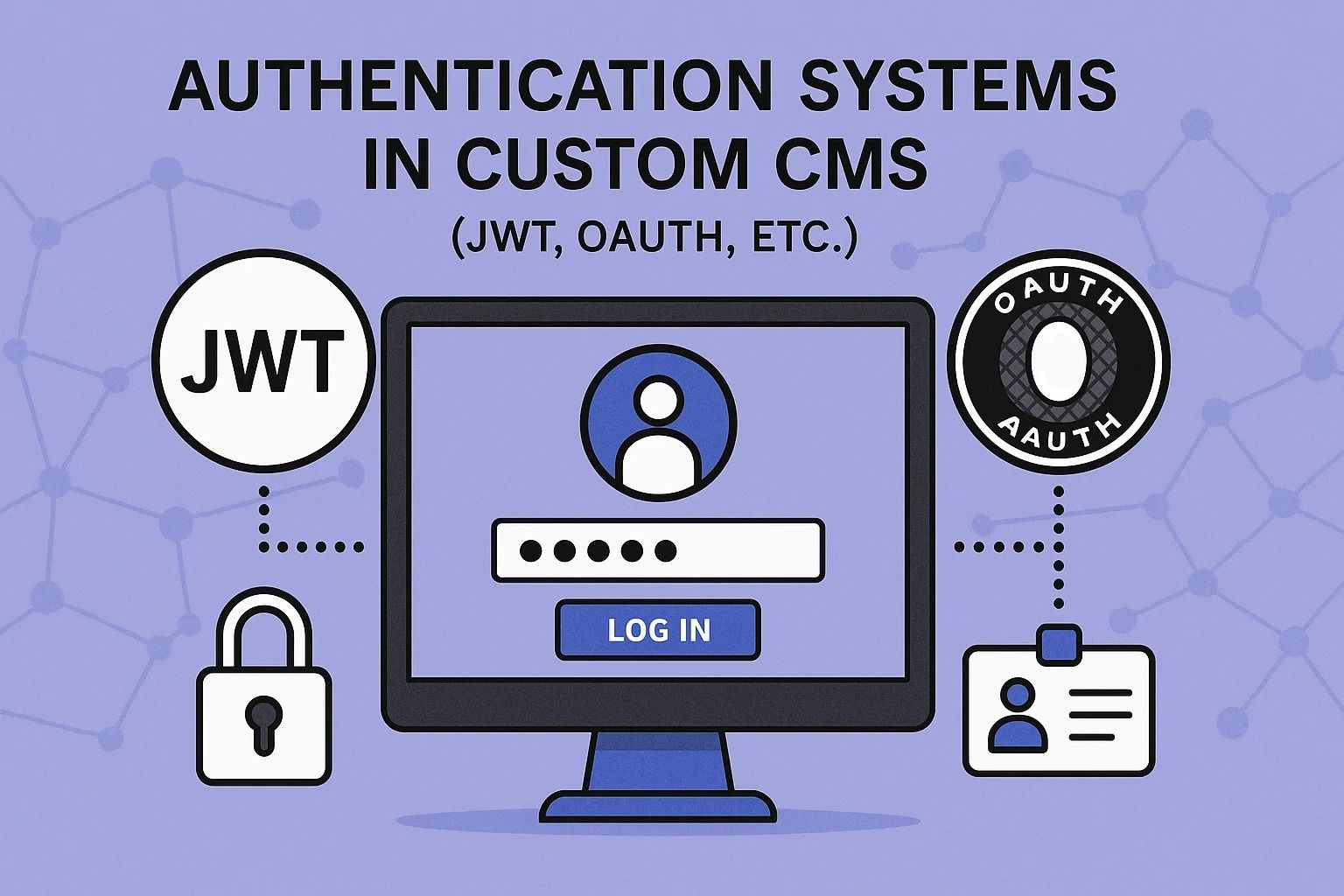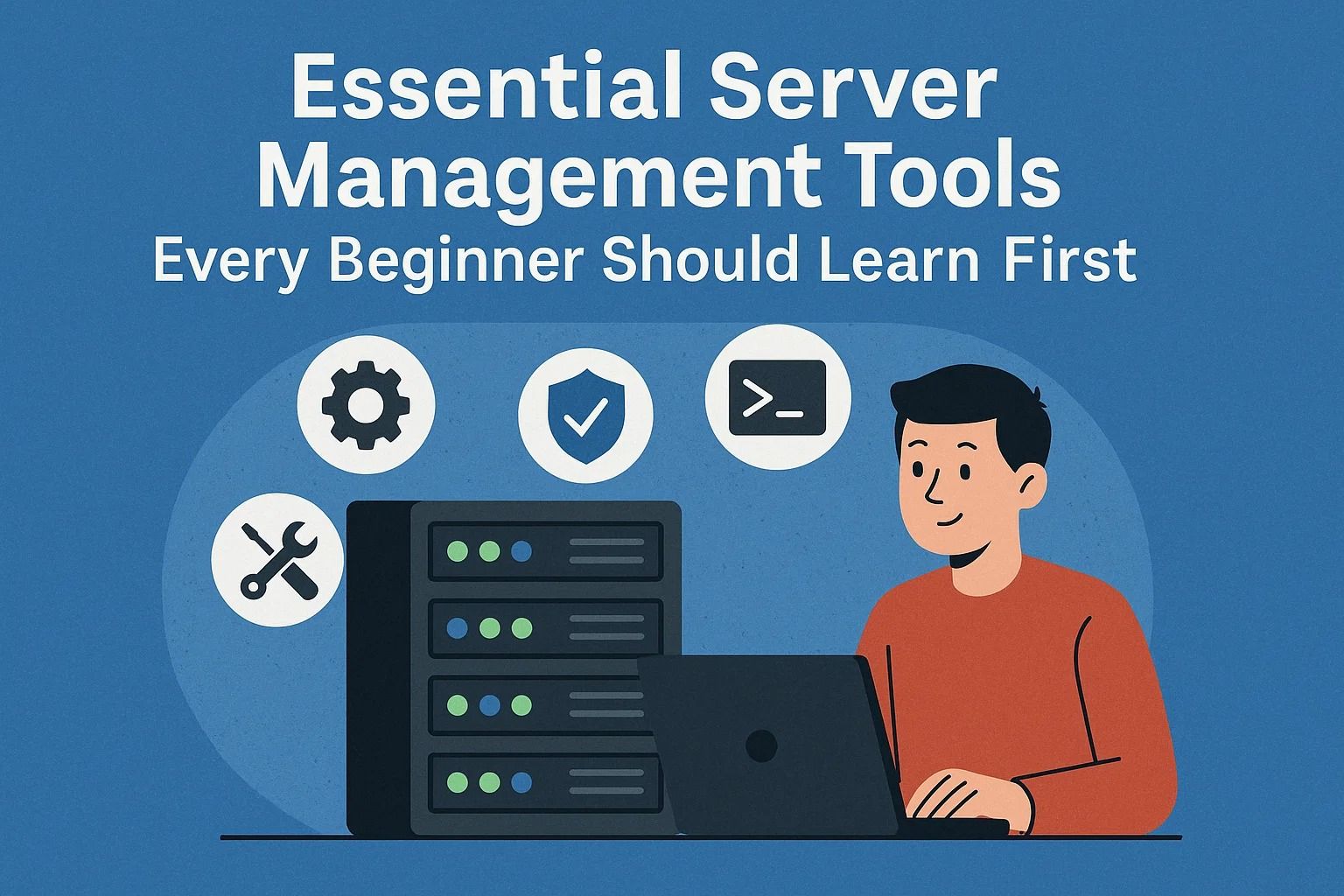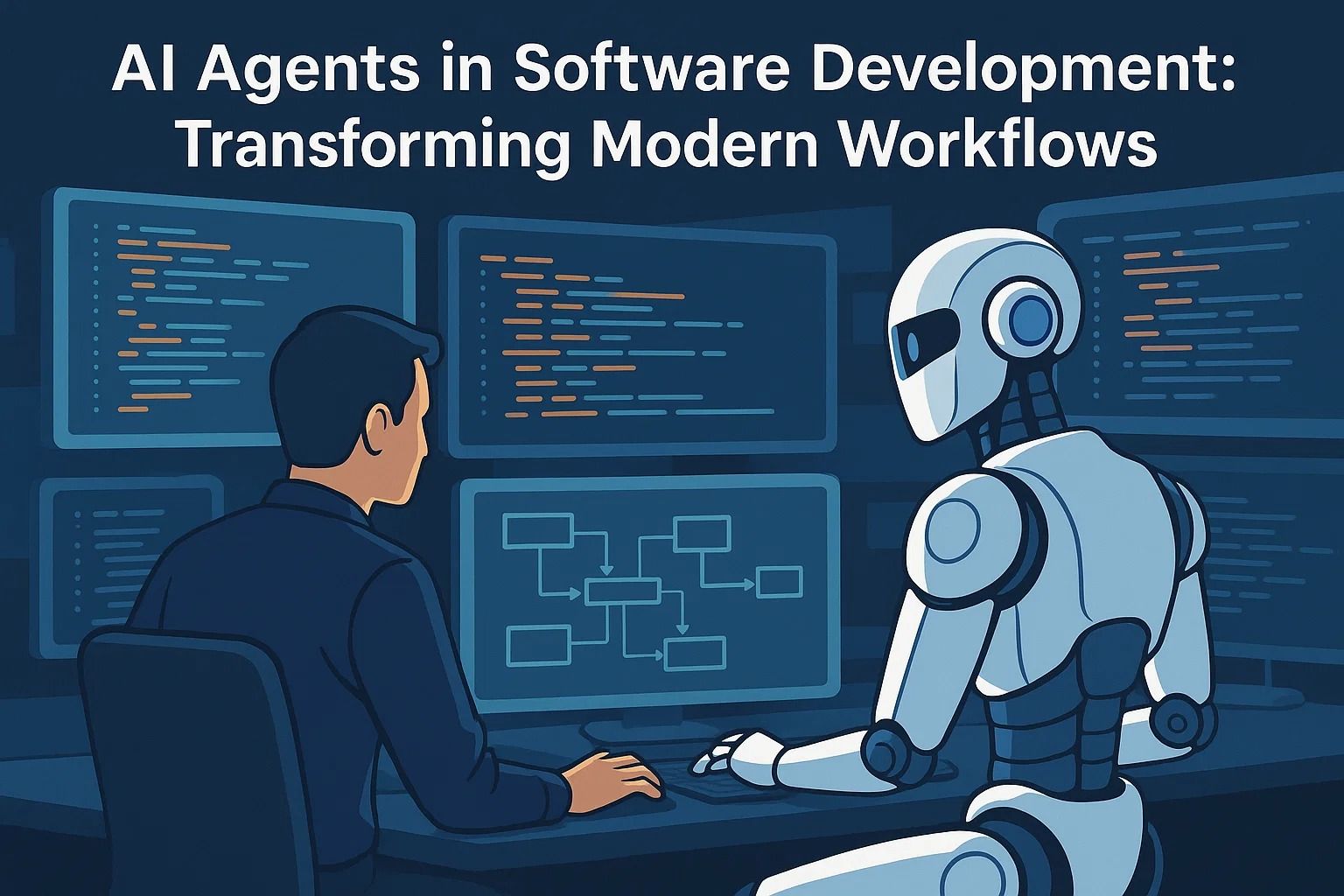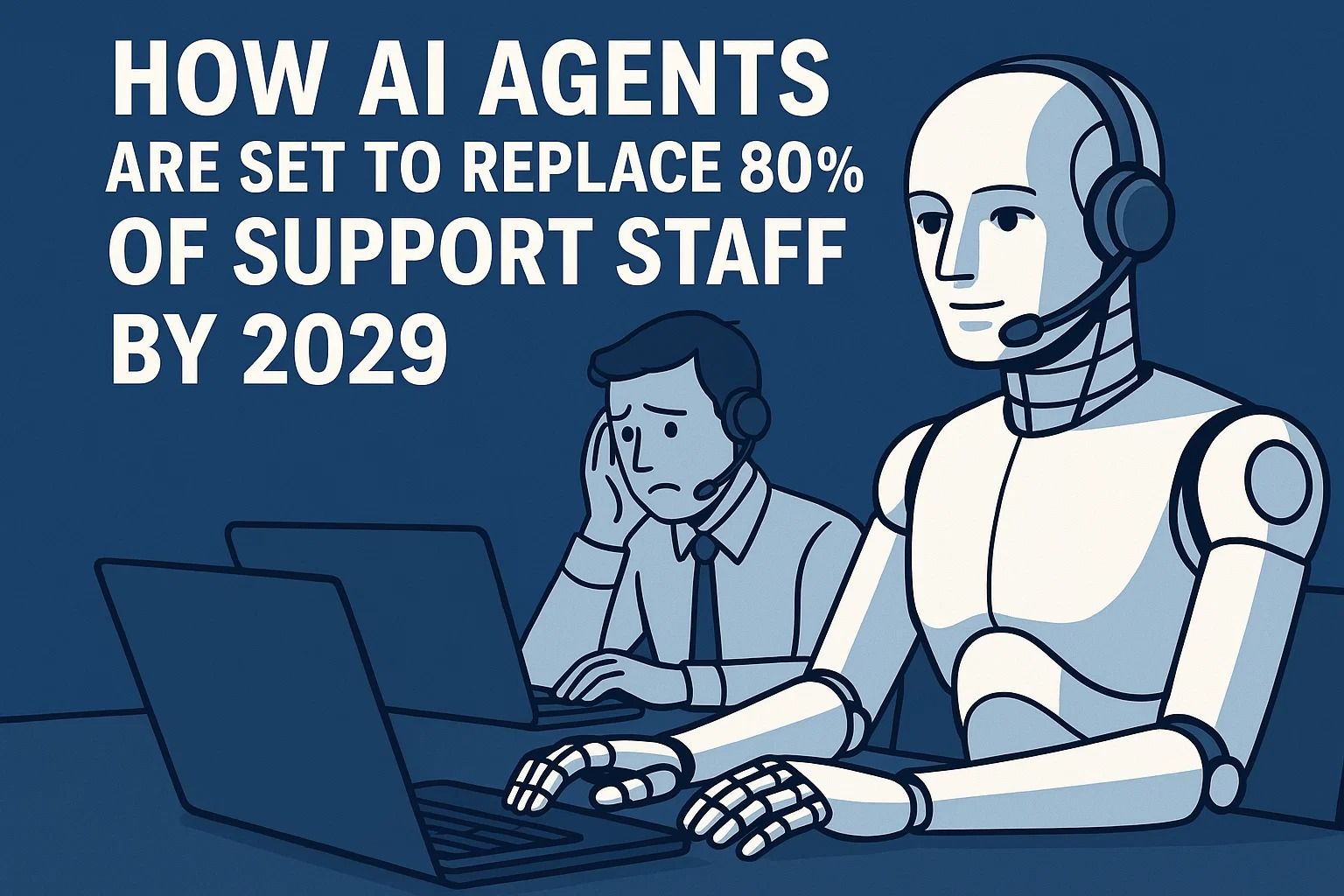
How AI Agents Are Set to Replace 80% of Support Staff by 2029
Surge of Artificial Intelligence Agents in Client Assistance
Artificial intelligence has transitioned from a concept into a prevailing force that is changing how enterprises conduct business. One sector that is significantly altered is client assistance. Analysts now estimate that 80% of client agents may vanish by 2029, thanks to AI agents.
What this means: AI agents indicate immediate, round-the-clock support, savings on raw numbers, and uniform service, but it raises issues that cannot be ignored.
AI Agents: What Are They?
AI agents are independent programs that execute complex operations without intervention by humans. In a client assistance environment, AI agents are utilizing:
- Natural Language Processing (NLP) to manage and comprehend chat elements
- Machine Learning to inform responsive actions using historical responses
- Sentiment Analysis to determine tone and importance
How AI Client Assistance Is Distinct from Standard Client Assistance
| Conventional Assistance | Artificial Intelligence Empowered Assistance |
|---|---|
| Limited to hours | Available all day, every day |
| Susceptible to human instability | Enduring stability |
| Requires substantial physical training | Constant self-education |
| Requires salary + capabilities | Cost-effective overtime |
Applications Already in Progress
Numerous companies have adopted AI-powered solutions for dealing with standard or moderately involved levels of chat issues. Some of the exceedingly popular applications include:
- Order Investigation: AI agents are supported with investigation of millions of day-in-and-day-out requests within minutes.
- Technical FAQs: Bots handle the setup protocols, issues in functionality, or alteration of saving space or remote services.
- Subscription Changes: Clients and users are involved with upgrades, downgrades, and cancellations.
💡 Quick Fact
According to a Gartner report, 60% of all client support interactions will include AI, and will not include humans starting by 2026 or earlier.
Warnings for the Not So Bright Side
As valid and appealing the true potential may exist, the AI replacement of human agents creates challenges:
- Lack of Empathy: AI cannot “feel” actual discomfort or interpret user discontent.
- Edge Cases: AI can solve routine issues but not everything falls into place.
- Job Security: Industry alterations in structure.
To realize successful implementation, companies must combat skimming through technology appealing and counterproductive to blockage. Companies need to achieve a fine harmony of agents and AI. Companies benefit from exploring new territory with AI but must actually have agents on standby in the case of a cliffhanger.
What Makes AI Agents So Good?
AI agents are not just chatbots of yesteryear with a few added tweaks. Their success is a result of using powerful technology combined with a scalable foundation.
Natural Language Understanding
Today's AI agents can understand context, intent, and user emotion thanks to state-of-the-art NLP algorithms.
Continuous Learning
They learn from every conversation, increasing accuracy and efficiency over time — no manual retraining needed.
CRM and Backend Integration
To be genuinely helpful, AI agents integrate with platforms such as Salesforce, HubSpot, or internal databases. This lets them:
- Pull real-time customer data
- Initiate actions such as refunds or escalations
- Log every interaction automatically into customer records
⚠️ Warning: Bad integration means broken conversations and user frustration, defeating the entire point of AI.
Hybrid of Humans and AI
Forward-thinking companies are evolving towards hybrid support models, in which AI performs 70-90% of regular tasks and human agents are used for more complex or emotional queries.
"AI isn't about replacing humans, it's about augmening them by taking out the monotony and mediocrity."
Advantages beyond Cost Savings
Sure, businesses save millions of dollars a year from a smaller workforce — but the whole story goes far beyond that:
- Scalability: Take care of ten or ten thousand questions with the same ease.
- Speed: Instant response, no matter what the time zone or traffic spike looks like.
- Consistency: Every user receives the same high-quality support.
Multi-Language Support
One of the less thought-of perks is that AI can now talk in multiple languages without funding and training multi-lingual teams. Customer support leaders can use platforms like DeepL API and Google Cloud Translation to enable real-time user support in 100+ languages.
🌍 Global Reach
Start-ups can now make international expansion a breeze without the usual pitfalls of language and staffing barriers.
AI Agent Platforms You Should Know
| Platform | Core Features |
|---|---|
| Intercom Fin | Powered by GPT-4, built-in CRM, one-click handover to live agents. |
| Freshdesk Freddy | Smart routing, multilingual support, AI summaries. |
| Zendesk AI | Contextual replies, no-code training, full analytics. |
These platforms are meant to be plug and play, thus substantially lowering the technical entry requirement.
Ethical Concerns and Job Displacement
While the effectiveness of AI agents is irrefutable, their implementation poses ethical and social issues. Most significantly, there is massive job loss.
🚨 McKinsey says: by 2029, more than 7 million support jobs worldwide could be in jeopardy.
Governments and corporations must begin to ready themselves for the change by:
- Retraining and upskilling schemes
- AI governance plans
- Clear data regulations
Transparency and Trust
One of the biggest hurdles facing AI support systems is developing customer trust. Shoppers should be clearly alerted when they are talking to an AI and given easy access to a human if/when they feel it is necessary.
"Shoppers do not have a problem with talking to AI—they have a problem with being tricked."
Regulations are Catching Up
Governments in some areas are putting AI legislation into effect to ensure consumer safety. For instance:
- EU AI Act: AI systems will need to be explainable, transparent, and require human fallback.
- California AI Bill: Requires agent interactions with non-human agents to be disclosed.
Ignoring the above can lead to fines, lawsuits, and PR disasters.
The Future of Customer Support
By 2029, support will be all but autonomous but expect humans to still be instrumental in:
- Disputes
- Sensitive requests
- Brand-building chats
- Emotional comfort
👥 Humans Are Still Required
AI will sharpen the volume, but it is humans who will continue to outline value and trust.
The Bottom Line
- AI agents will be handling up to 80% of support queries by 2029.
- Human-AI collaboration is required, not a nice-to-have.
- Regulatory compliance and ethics must be part of the plan for every deployment.
- Freed-up humans can be more productive elsewhere in higher-value roles, such as product feedback, sales alignment, and strategy.
✅ The Bottom Line: Businesses that react early to AI-powered support are positioned for a competitive edge, while making systems much more scalable and consumer-friendly.

